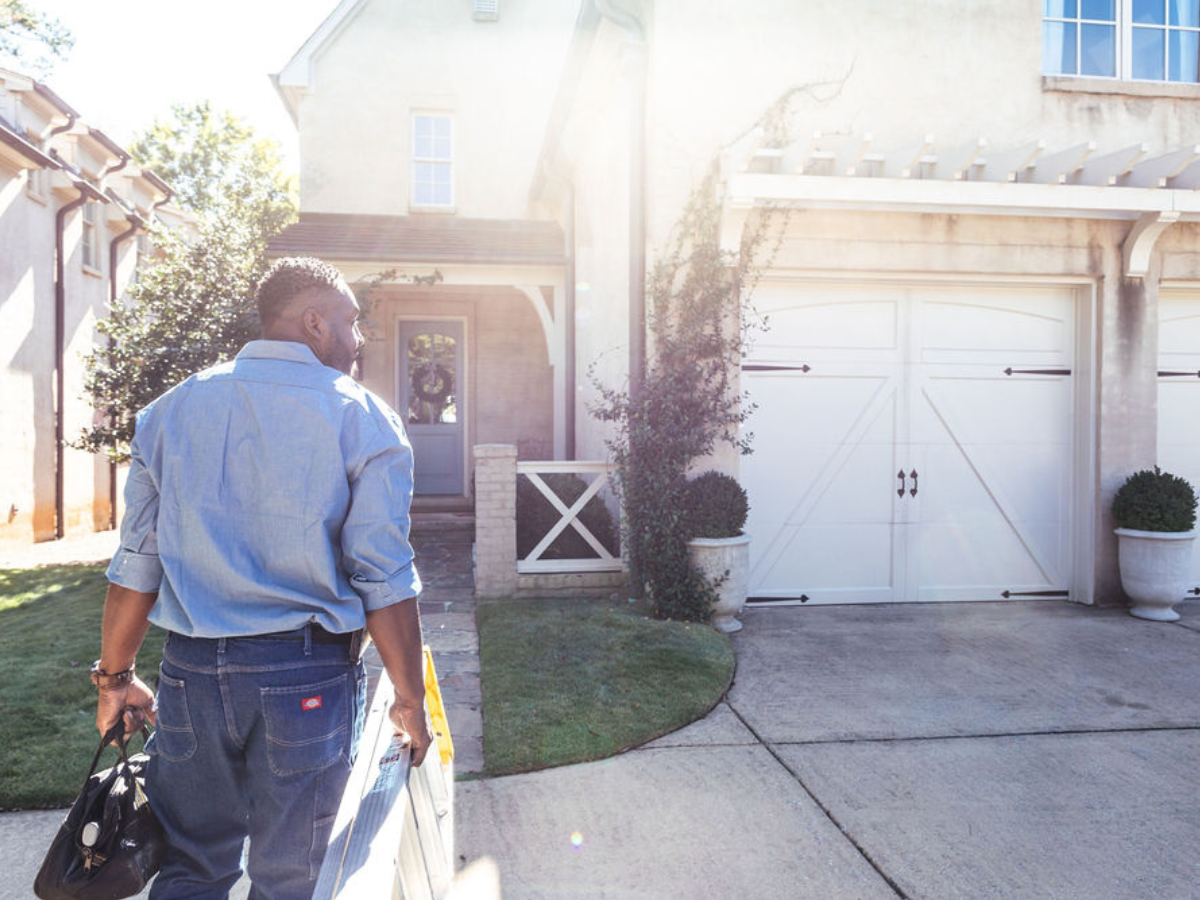In today's competitive rental market, property owners face numerous challenges in maintaining their properties. One common fear among landlords is the potential for property damage due to delayed or inadequate maintenance. This fear is not unfounded, as neglecting property maintenance can have severe consequences. In this article, we will explore the importance of timely and effective maintenance and provide strategies for landlords to address this fear and protect their investments.
Section 1: The Consequences of Neglecting Property Maintenance
When property maintenance is neglected, the immediate impacts can be significant. What could have been a minor repair can quickly turn into a major renovation, draining finances and resources. Neglected maintenance can also lead to severe property damage, compromising the integrity of the structure and potentially endangering the lives of the tenants. Safety hazards such as faulty wiring or leaky roofs can pose significant risks.
The long-term effects of neglected maintenance are equally detrimental. A property that is not well-maintained will depreciate in value over time. Prospective tenants can be deterred by a property in disrepair, leading to unwanted vacancies and lost rental income. Additionally, the expenses associated with major repairs resulting from neglect can be substantial.
Neglecting property maintenance can also have legal implications. Landlords have a legal responsibility to provide safe and habitable living conditions for their tenants, following the local building codes. Failure to address maintenance issues promptly can result in legal action taken against the property owner. This can lead to costly fines, legal fees, and being held liable for damages or injuries that occur as a result of the neglected maintenance.
Finally, the reputation of the property owner can suffer due to neglected maintenance. Word of mouth travels fast in the real estate market, and a landlord known for neglecting their properties may find it challenging to attract new tenants or maintain positive relationships with current ones. This can have long-lasting effects on the landlord's ability to generate rental income and maintain a successful property management business.
Section 2: Importance of Routine Maintenance
To mitigate the risks associated with property damage, landlords must prioritize routine preventive maintenance. Implementing regular preventive measures not only prevents significant damage, but also extends the lifespan of crucial property components, such as roofing, HVAC systems, and plumbing.
Implementing a regular maintenance schedule also yields significant cost benefits. While routine preventative maintenance may seem like an additional expense, it pales in comparison to the high costs of major repairs resulting from neglect.
Section 3: Strategies for Effective Maintenance Management
Effective maintenance management requires a proactive approach. Regular inspections are crucial to identifying problems before they escalate. Landlords should schedule regular inspections to assess the condition of critical areas of the property, such as the roof, plumbing systems, electrical systems, and structural elements.
Developing a comprehensive maintenance checklist is another valuable tool for effective maintenance management. This checklist should include seasonal tasks such as gutter cleaning, HVAC maintenance, and winterizing procedures. Having a checklist ensures that no maintenance task is overlooked.
Section 4: Dealing with Unexpected Property Damage
Despite thorough maintenance efforts, unexpected property damage can still occur. In such cases, having an immediate response plan is crucial. Landlords should be prepared to assess and contain the damage promptly. This may involve shutting off utilities, removing damaged materials, or calling emergency professionals if necessary.
Knowing when to call in professionals is essential. While some repairs can be handled by landlords themselves, others require specialized expertise. Building a reliable network of contractors and service providers is invaluable. These professionals can provide prompt assistance, ensuring that any unexpected damage is addressed quickly and effectively.
Section 5: Implementing a Maintenance Plan
A well-planned maintenance schedule is the foundation for effective property maintenance. Landlords should take the time to develop a comprehensive plan that covers all critical areas of the property. This plan should incorporate regular inspections, routine maintenance tasks, and seasonal checks. By adhering to a maintenance schedule, landlords can ensure that their properties remain in optimal condition.
Fostering open communication with residents is also key. Encouraging tenants to report any maintenance issues promptly can help prevent minor problems from turning into major repairs. Clear communication channels and responsiveness to tenant concerns demonstrate a landlord's commitment to maintenance and tenant satisfaction.
Section 6: Technological Tools for Maintenance Management
In today's digital age, technology offers valuable tools for efficient maintenance management. Maintenance management software, for example, can streamline the process of tracking maintenance tasks, scheduling repairs, and documenting expenses. Landlords can stay organized, reduce errors, and save time in managing and overseeing maintenance efforts.
Automated systems can send reminders for routine maintenance tasks, ensuring that nothing is overlooked. Digital documentation of maintenance records makes it easier to track expenses and provide necessary documentation for insurance purposes. By embracing technology, landlords can maintain their properties more effectively.
Conclusion
In conclusion, addressing the fear of property damage due to delayed or inadequate maintenance is vital for Tampa landlords. Neglecting property maintenance can have severe consequences, including increased costs, property damage, and safety hazards. By understanding the importance of routine maintenance and implementing effective maintenance management strategies, landlords can protect the value of their properties. By prioritizing maintenance, Tampa landlords can enjoy peace of mind and attract satisfied tenants to their well-maintained rental properties.
And don’t worry. If the above seems like all too much, you can always outsource maintenance and repairs to a professional property management company. Reach out to our local team today!


